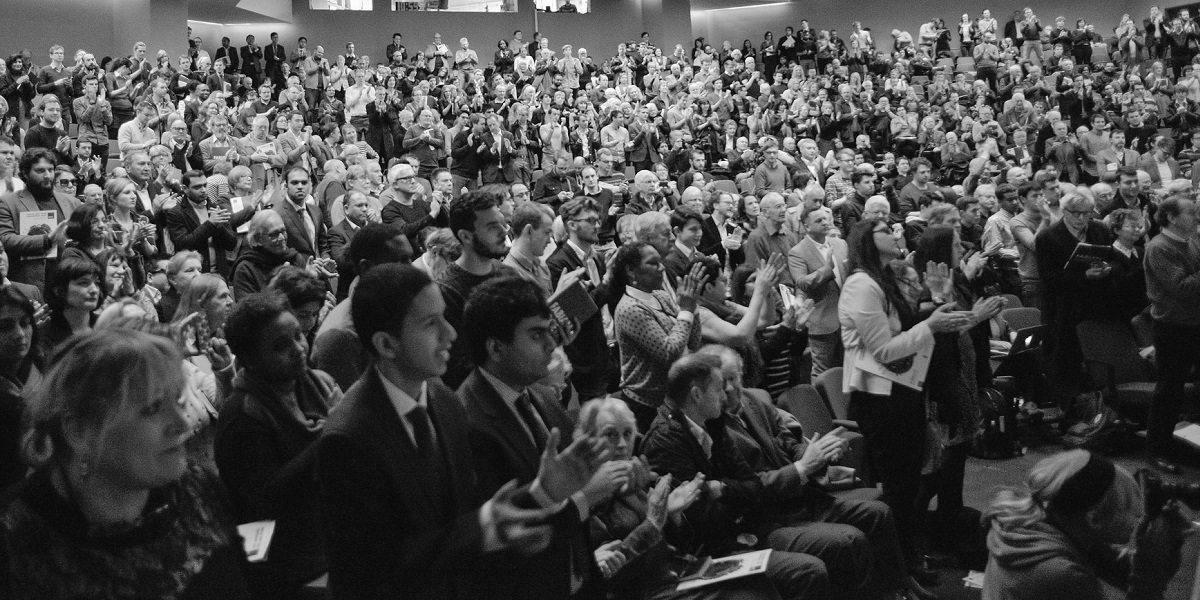Three ways Labour must face the future
Today over a thousand Fabian members and supporters are gathering to debate how the Labour Party must face the future, and make itself relevant and electable for the 2020s. After the Party has spent months talking to itself, there could...
Today over a thousand Fabian members and supporters are gathering to debate how the Labour Party must face the future, and make itself relevant and electable for the 2020s. After the Party has spent months talking to itself, there could not be a more important topic.
The Labour Party as we know it is in a perilous state. It has just lost an election it had it in its power to win – losing its footing in key heartland seats and losing its place almost altogether in Scotland and the South. It is about to lose over £7million a year in funding, which is likely to lead to huge cuts to staff and organisation. And, the evidence suggests it is on course for hundreds of losses in the local council elections in May, in contrast to the gains opposition parties can usually expect at this point in the cycle.
The challenge ahead is daunting: to win a majority in 2020, Fabian analysis shows that Labour must secure a swing of over double what was needed to win the last general election. Labour will require a 40 per cent share of the vote, ten points away from Labour’s standing in recent polls.
To win the Labour Party needs to do more than shuffle the deck-chairs in the shadow cabinet, it needs a thoughtful and bold reckoning to avoid the various icebergs that could sink it. That’s why the Fabian Society has launched our new Facing the Future programme on Labour’s renewal, which poses three questions crucial to the Party’s future:
1. How should Labour reimagine its purpose?
Every time Labour has won, the Party has been able to tell a compelling story about the future. At every defeat, it has been unable to sell a vision that resonates with the country. Labour lost in May because it offered piecemeal solutions and not a sense of purpose. Labour will continue to lose unless it works out what that purpose is and presents it convincingly, looking forward to the 2020s not back to the past. Labour politicians need to be able to answer the question: what would the Labour Party look like if we rubbed it out and started again?
2. How can the Party modernise its organisation?
The Labour Party has doubled its number of members since before the election, but there is little evidence that this is translating into activists on the ground, and little sign of the revolution in community campaigning that was promised last summer. With threats to funding and with dramatic changes to the policy making process both on the horizon, the Party needs a clear and honest debate about the role of members. As part of that, it must also ask how its membership, and representatives can better reflect the diversity of the nation.
3. How will it win back public trust?
The Labour Party was founded to secure representation for working people in parliament, but it has only governed a handful of times in over a hundred years. After a heavy defeat in May and the electoral maths pointing to another loss five years from now, the Party must refocus on building public appeal, as well as a deliverable and popular policy platform. Specifically, it must find a way to grow its ‘big tent’, attracting both voters on the left and Tory switchers at the centre.
The Labour Party has big questions to answer and 2016 is the year in which that process must begin. It is a time for all parts of the Party to start an honest debate about the future, and we hope you will be a part of it.
The Fabian Society’s Facing the Future programme has already published work on Labour’s electoral challenge, the lack of diversity in Labour’s ranks, Labour’s foreign policy, and what went wrong at the last election – but we need your help.
Would you like to write for us on one of the questions above? Can you support our work by becoming a Fabian member or making a donation?

